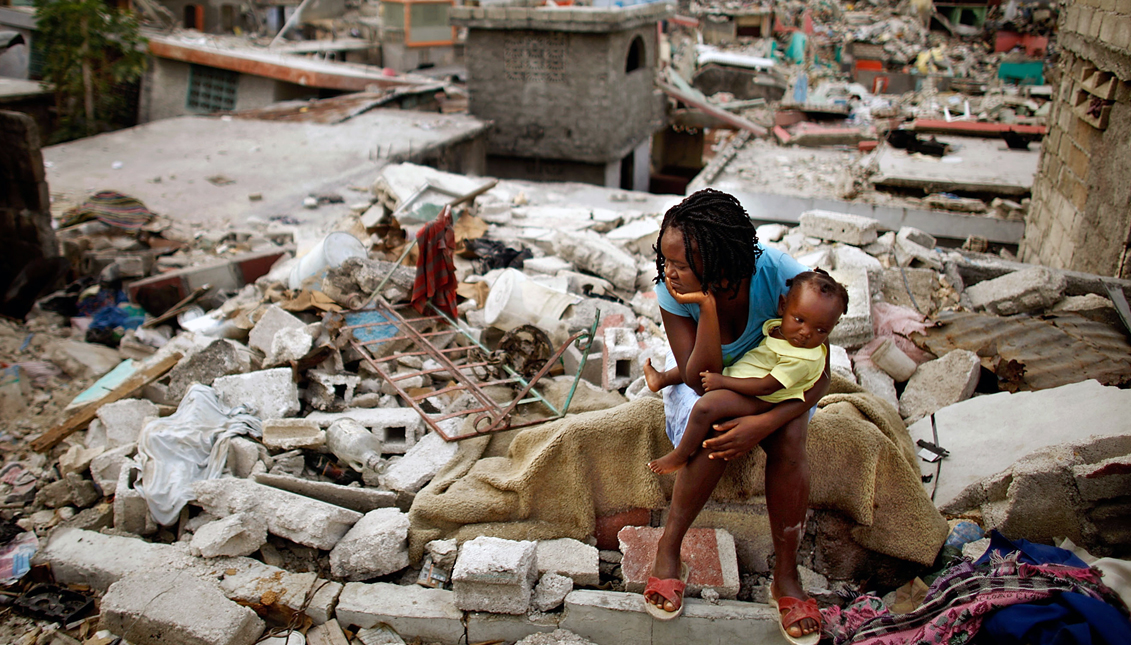
The misfortunes of Haiti | OP-ED
MORE IN THIS SECTION
Haiti took its first step toward disgrace on April 17, 1825 when it pawned its economic future in exchange for recognition from the world. It had gained independence from France in 1804, becoming the second free territory in the Americas and the only one to do so with former slaves. By then it supplied two-thirds of the world’s sugar market.
By order of its first ruler, Jacques Dessalines, some five thousand whites and whites living on the island were persecuted and executed. That cost him diplomatic scorn and isolation was costly. In exchange, France demanded a millionaire indemnity for independence and commercial guarantees, which suffocated him.
RELATED CONTENT
Added to this is the inconvenient location of the island on the Haitian side (in the west is the Dominican Republic), exposed to earthquakes and hurricanes. To these two misfortunes are added dictatorships (the Duvalier dictatorship lasted 29 years), corruption and political instability.
In little more than a month, the assassination of the president and an earthquake reminded the world that Haiti is an unviable country. It is the extreme poverty of a people subjected to tragedy, with a host of NGOs digging into resources and little real support for infrastructure and wealth generation to enable sustainable development.
It may sound obvious, but the international community should long ago make a humanitarian intervention, put in place controls on those who manage the resources and support a real transformation of a society of 11 million people living in ruins. If not now, when?







LEAVE A COMMENT:
Join the discussion! Leave a comment.